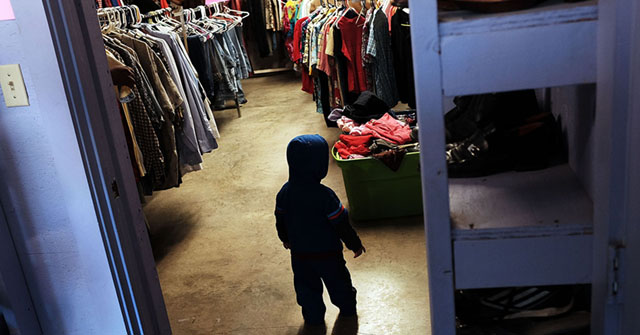Statement from Foundation President, Michael A. Peterson, on CBO’s Long-Term Budget Outlook
“The message of this CBO report is clear — the nation’s current fiscal path is unsustainable over the long term. A federal debt level of 200% of GDP within 25 years would place an unthinkable burden on the next generation — trillions in interest payments would crowd out much needed investments in our economy, and the safety net could be shredded as resources become scarce.
CBO also recently warned that the confluence of expiring tax cuts and automatic spending reductions occurring at the end of the year could lead to another recession if our current course isn’t altered. Our elected leaders should use the need to act on these year-end events as an opportunity to put in place a comprehensive bipartisan fiscal plan that gets implemented when the economy recovers. Agreeing on a plan that shows that America is getting its fiscal house in order would give the economy a badly needed boost of confidence in the short term, and put America on a much more sustainable and prosperous path for the long term.”
Further Reading
Budget Basics: What Is the Child Tax Credit?
The CTC provides assistance to families with children, and while it represents a relatively modest part of overall government spending, it is one of the largest tax expenditures.
Budget Basics: Tax Expenditures
Tax expenditures can come in the form of exclusions, exemptions, deductions, and credits.
What Are the Economic Costs of Child Poverty?
Child poverty is higher in the United States than in other wealthy countries. Studies show that it has quantifiable economic costs.


